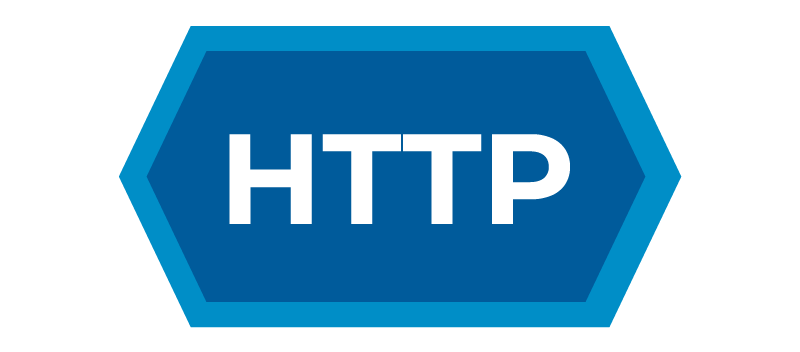Filter by topic and date
IETF updates HTTP specifications, publishes HTTP/3
- Grant Gross IETF Blog Reporter
24 Jun 2022
The IETF has been busy working on updates to the specifications that make up HTTP, one of the most widely used protocols on the Internet, and documenting them in several RFCs published this month.

IETF participants have been updating both the core specifications to HTTP, affecting all versions of the protocol, and they have been developing HTTP/3, the latest version of the protocol. The entire definition of HTTP has been revised, with definitions for HTTP/1.1, HTTP/2, and HTTP/3 either revised or new.
With the changes, “the definition of HTTP is now clearer and better than ever,” said Tommy Pauly, co-chair of the HTTP Working Group.
These updates to HTTP’s core specifications were published on June 6.
The HTTPbis Working Group has rearranged HTTP specification documents into multiple parts, Mark Nottingham, co-chair of the group wrote in a blog post. The new documents update specifications for HTTP semantics [RFC9110], covering core, versionless semantics; HTTP caching [RFC9111]; and HTTP/1.1 [RFC9112], including everything that’s specific to version of the protocol.
Revisions of HTTP/2 and the new HTTP/3 were also published, with both relying on the first two documents, RFC9110 and RFC9111, Nottingham said.
During its revisions, the HTTP Working Group also fixed more than 475 issues with the HTTP protocols, he added. In many cases, the issues covered clarifications of the text, but other changes fixed security and interoperability issues, Nottingham wrote.
Meanwhile, HTTP/3, standardized in RFC 9114 published this month, is focused on fixing some issues with HTTP/2.
HTTP/2 addressed head-of-line blocking in the application layer protocol, but that exposed head-of-line blocking in the underlying transport protocol, TCP, Nottingham said. “QUIC was developed to address this, and HTTP/3 is HTTP over QUIC,” he said in an email.
HTTP/3 also can help make Internet browsing faster. “In networks that are experiencing loss, its performance is much more stable, with significant improvements on long-tail networks,” Nottingham said.
Even before the RFCs were published, as of May 2022, HTTP/3 was supported by browsers used by more than 72 percent Web users and is on track to match or exceed adoption and use of previous version. As of June, HTTP/3 already was used by 25 percent of the top 10 million websites, according to W3Techs. By comparison, after HTTP/2 was introduced in May 2015, nearly all browsers supported it by the end of the year, however less than 50 percent of the top websites use HTTP/2 currently.